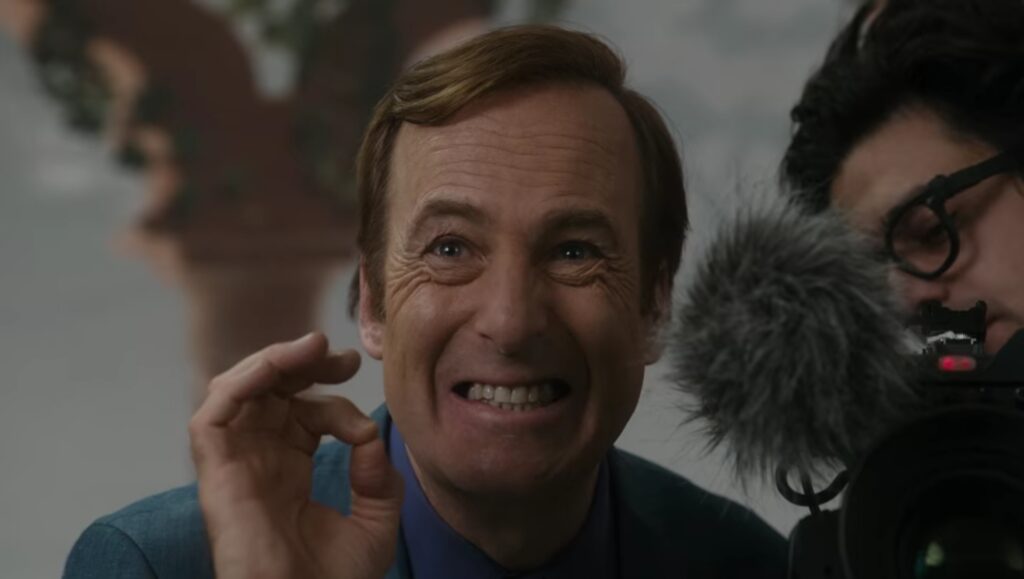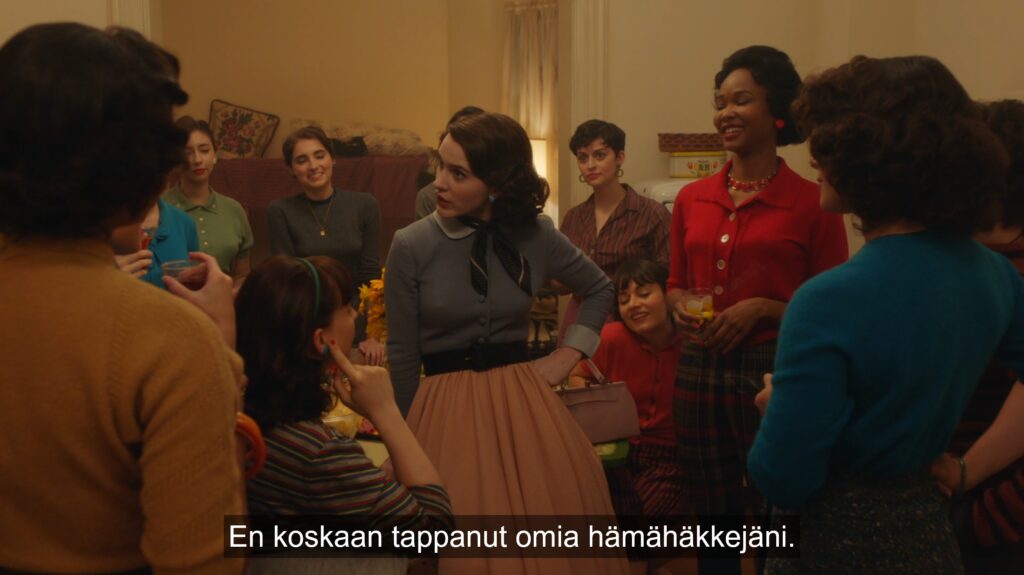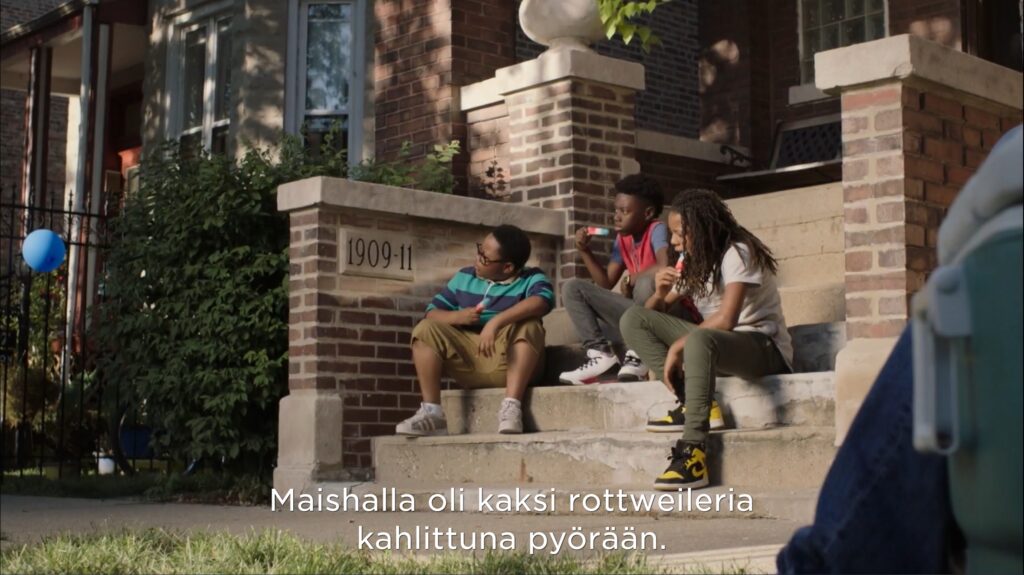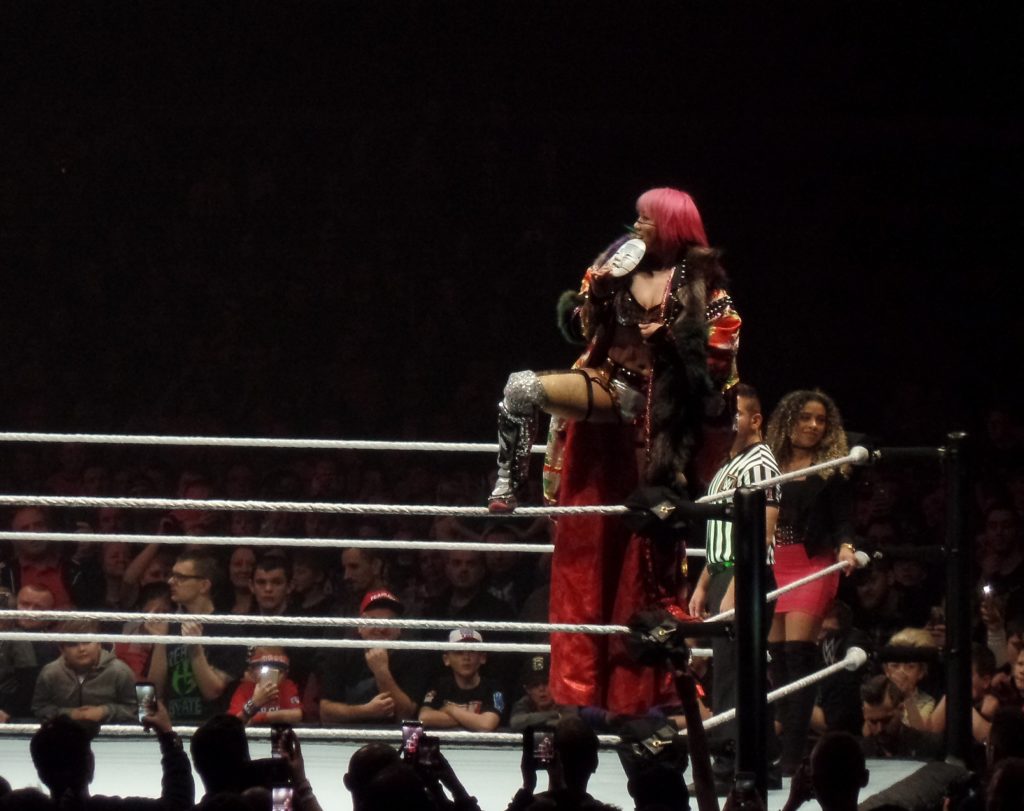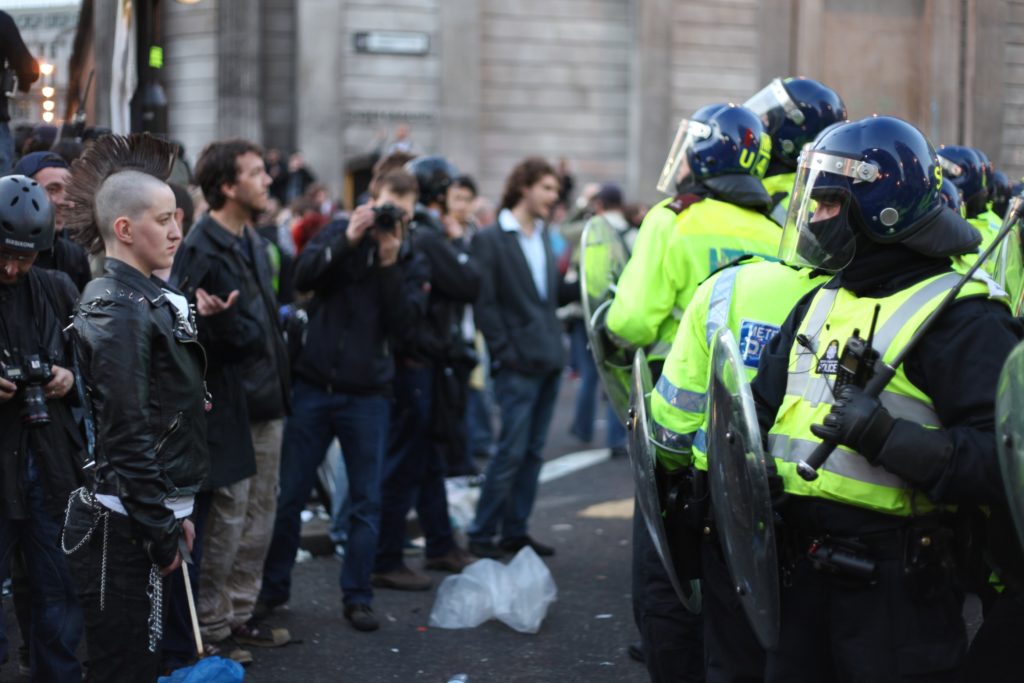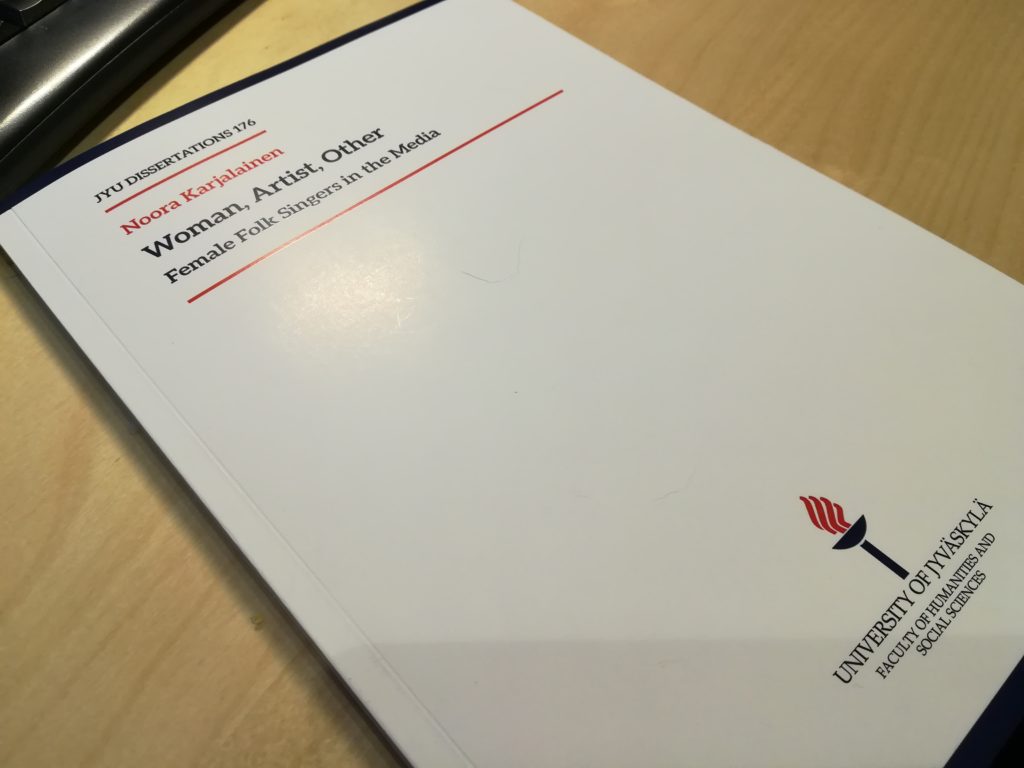Persistent online persona?
I’ve recently reflected on my own online persona, and just this morning it occurred to me how my “role” in different communities has remained similar ever since I started inhabiting online spaces. At the risk of sounding obnoxious and conceited, I’d describe this persona as ‘cute’. Not appearancewise, because usually people don’t even know what I look like, but unintentionally, I end up seeming ‘innocent’ and am described as ‘cute’ or ‘sweet’ by others. I didn’t think much of this when I was younger, but I’m now 35 and this still happens, so it must have just become a part of who I am online. And somehow this persona works really well together with personas that are more troll-like, mean-on-the-surface…
Back when I was in upper secondary (ages 16-18) I became a part of my first online community, and it will take a bit of explaining. This was when LiveJournal was the number one coolest place to be online; it had several thriving communities and was the place to express yourself online. One of these communities was a “hot or not” type community whose name I’ve now forgotten, but it was something pretentious like “Exalted”, so I shall refer to it as that now. Basically, young people posted their pictures there, and already-accepted members voted on who was attractive enough to join the community. It was completely superficial and ridiculous.
This was NOT the community I was a part of. I joined its satiristic “fan” community, where people discussed Exalted and its members in a jokingly fashion. Some of it was mean and targeted (“how to become a member of Exalted even if you look average? Be one of its founders”), and then there was someone like me, acting like a fangirl of some of the Exalted people. From what I remember, most of what I posted was intentionally overly-cutesy, supportive stuff, because I thought it was fun and funny. My user icon was a picture of an adorable Japanese idol which further influenced how people perceived me. At that time, I was friends with very troll-y people whose chemistry worked really well with my more harmless, cutesy, wouldn’t-hurt-a-fly type persona. They seemed to know it was okay for them to push limits of acceptability without driving me away, and perhaps that caused them to embrace me and even at some level respect me, and we had a fun little thing going on for a while, until our community was deleted and Exalted itself withered away.
Then I moved on to become a moderator on a forum for Japanese pop culture for ten years. There my behaviour was less cute in the early days – I didn’t know how to deal with conflicts yet and was very immature. Mostly, however, I’d still say people from that era would also describe me as a ‘cute’ character.
Recently I’ve become active in a Twitch community and I swear I haven’t tried to put on a particularly cute persona. I mean, I’m a grown woman now. Even so, I seem be to perceived as someone ‘cute’, harmless and not to be harmed. If I get killed in a game that is being streamed, people appear to feel sorry or act as though something mean and unjust has just happened, even though other people die in those same games, too. During my forum moderator days, I might have thought people came to this kind of interpretation of me because I’m a very short, petite person, a bit like a Moomin-character (and I shared my pictures in the community). However, on Twitch, people started to see me this way before they knew anything about how I look. So it has to just be part of my character and especially online persona. And interestingly, it still works really well together with ‘meaner’, ‘edgier’ characters. As in, some of these ‘meaner’ people feel like they can tell me to “fuck off” and have me interpret it as a joke, even though I may also seem like a cruel object for that kind of language. But somehow the chemistry just works really well in the community.
So, this has been a random, self-indulgent little look at my online persona, but I find it fascinating how a kind of ‘sweetness’ works so well with playful cruelty and trolling. (And these days, I have my sassy moments, too, which don’t seem take away from the overall ‘cute’ character.) I just generally don’t enjoy saying mean things myself, although I can appreciate the humour when others do it, and I suppose that shows and allows for this mutual understanding to develop of even harsh jokes being alright. They may even become funnier with someone seemingly so ‘innocent’ around, whether I challenge them or not.



